
Uh-oh, I thought: Janus word.
I read the problematic sentence, and sure enough—there was no error. Just English being wacky again.
I explained that oversight has two different meanings that are essentially opposites. You can make an oversight if you’re sloppy (overlooking something); conversely, if you’re extremely reliable, you might be granted the oversight (supervision) of an entire department or company. So you might say there’s a bad kind of oversight and a good one.
Thanks, English.
Similarly, in the springtime, you might seed a garden (place seeds in the soil). But after you grow a cucumber, you might want to seed it (remove the seeds) before you cut it up for your salad.
You might dust your tiramisu with cocoa powder (that is, add a dusting of it); you might also need to dust your furniture (remove the dust).
If you permit some sort of behavior, you sanction it. But if you don’t permit it, you might threaten sanctions as punishment.
It’s no wonder these types of words are called Janus words. The Roman god Janus had two faces, as in the statue above. (Side note—January is named after Janus, too.)
These words are also called contronyms and auto-antonyms and a few other terms you can learn about on Wikipedia and elsewhere.
If you peruse an article about Janus words, that means you examine it very attentively. But it also means that you just skim it in a cursory manner.
Do you have any favorite Janus words?


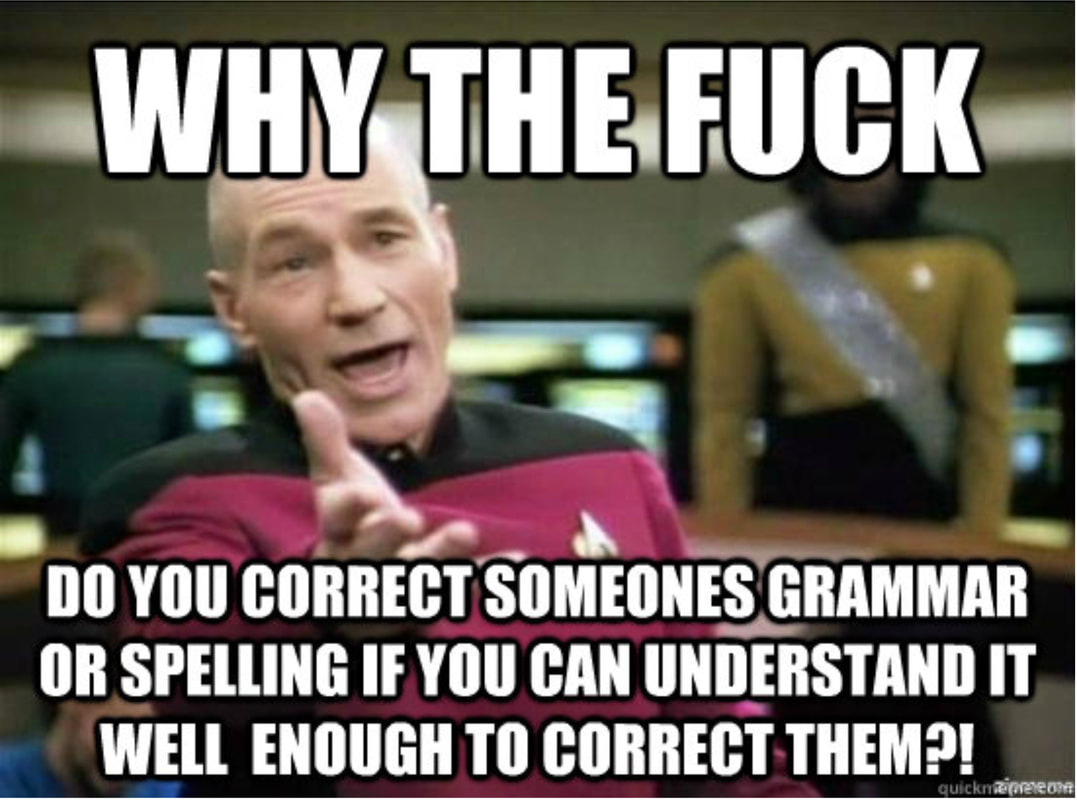
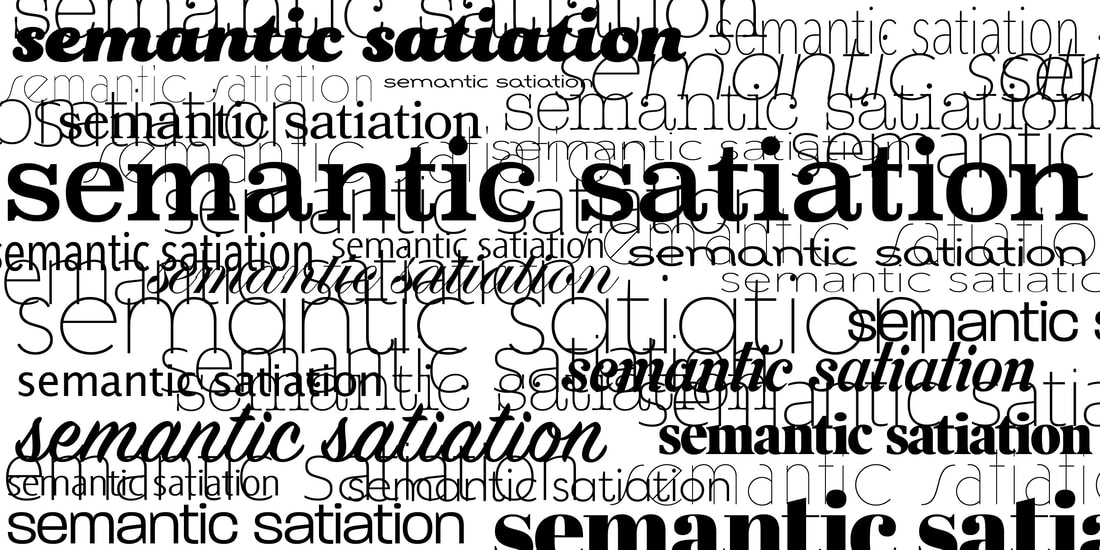


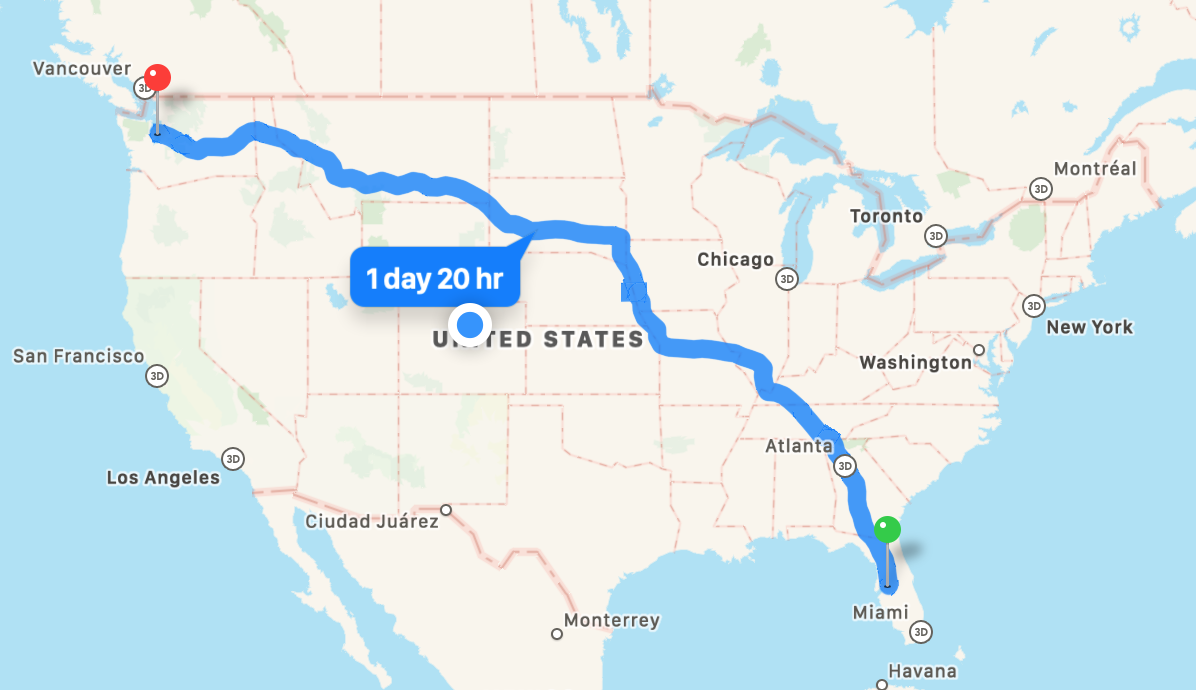
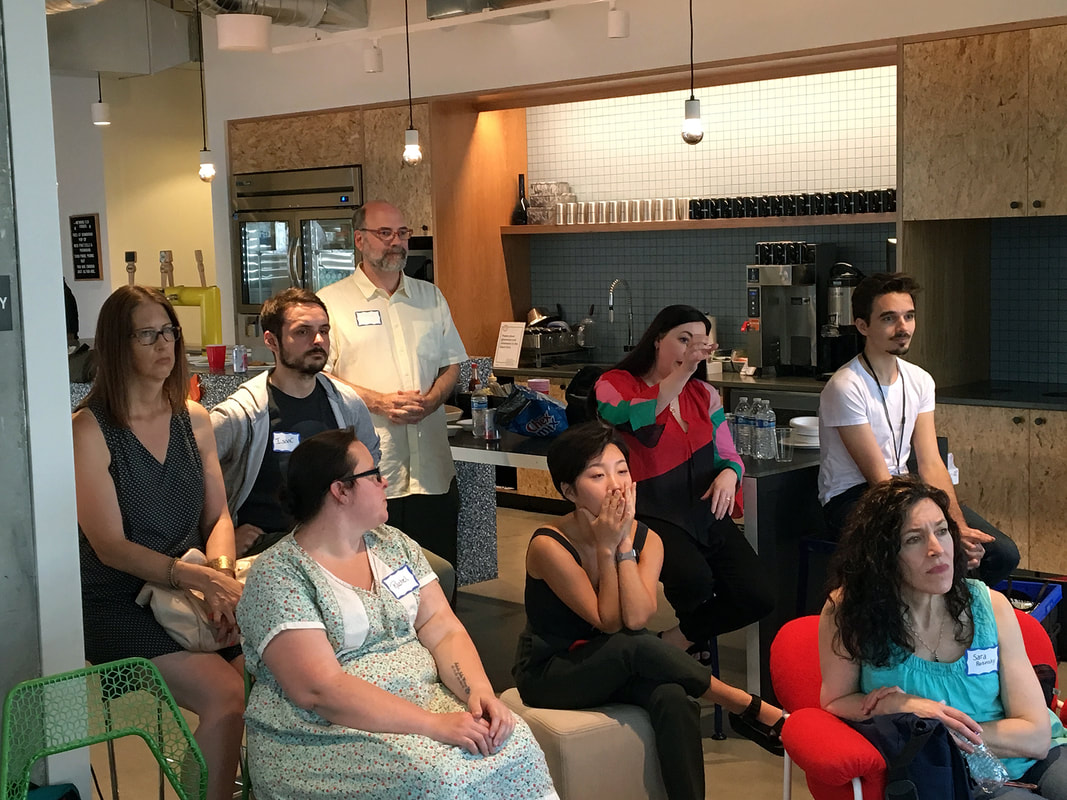
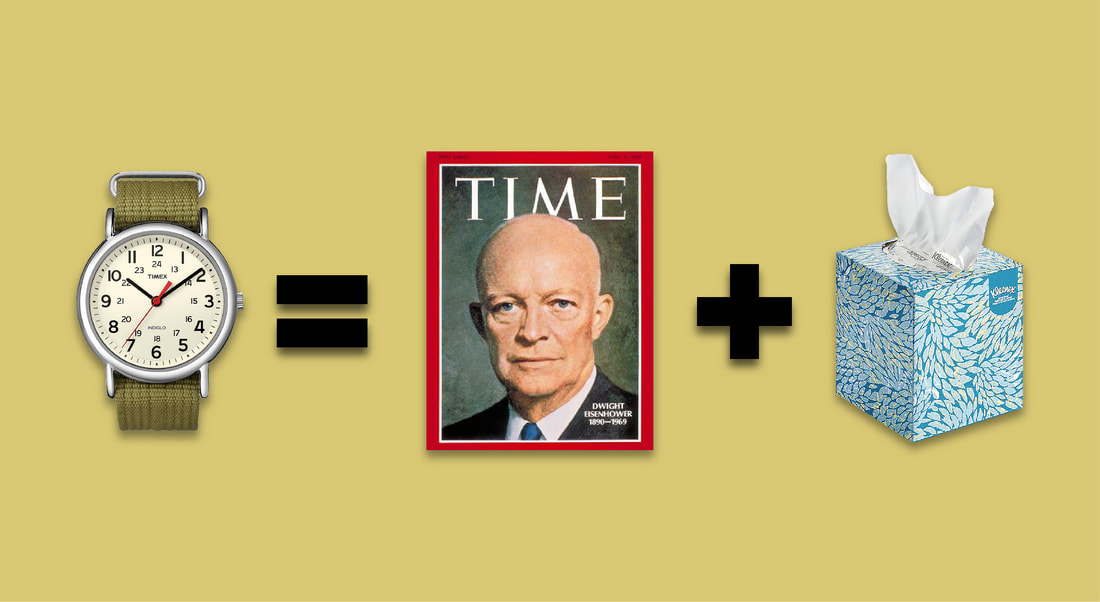







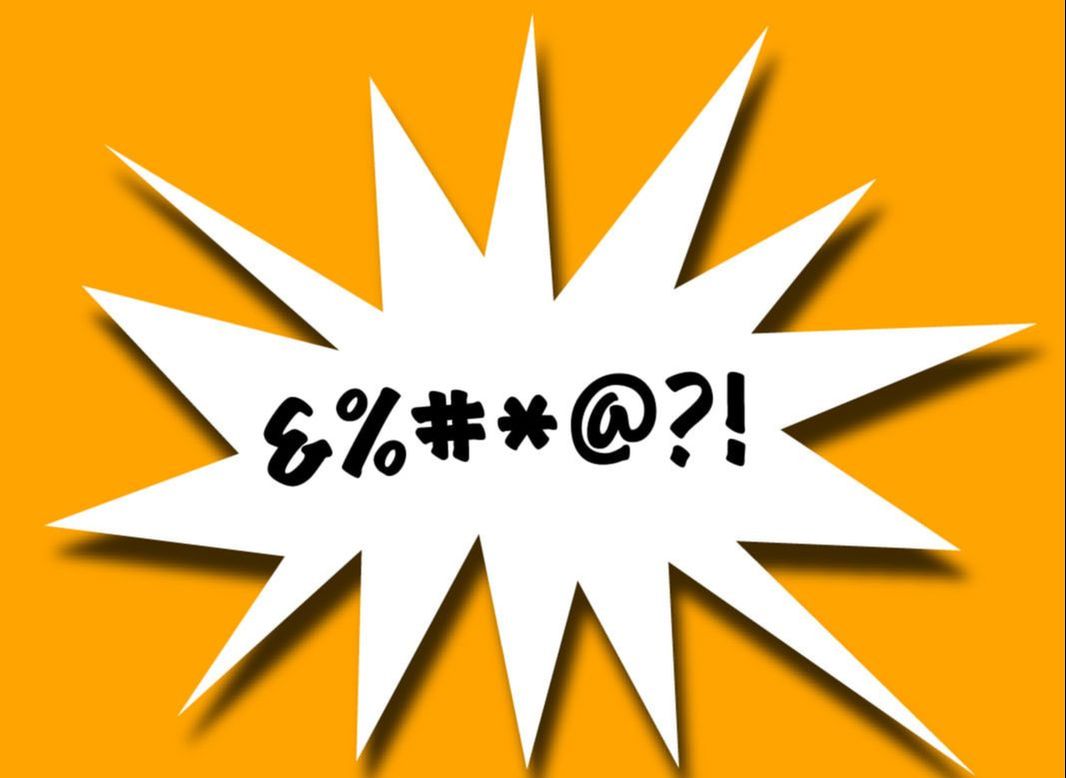
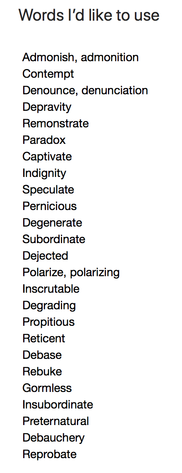

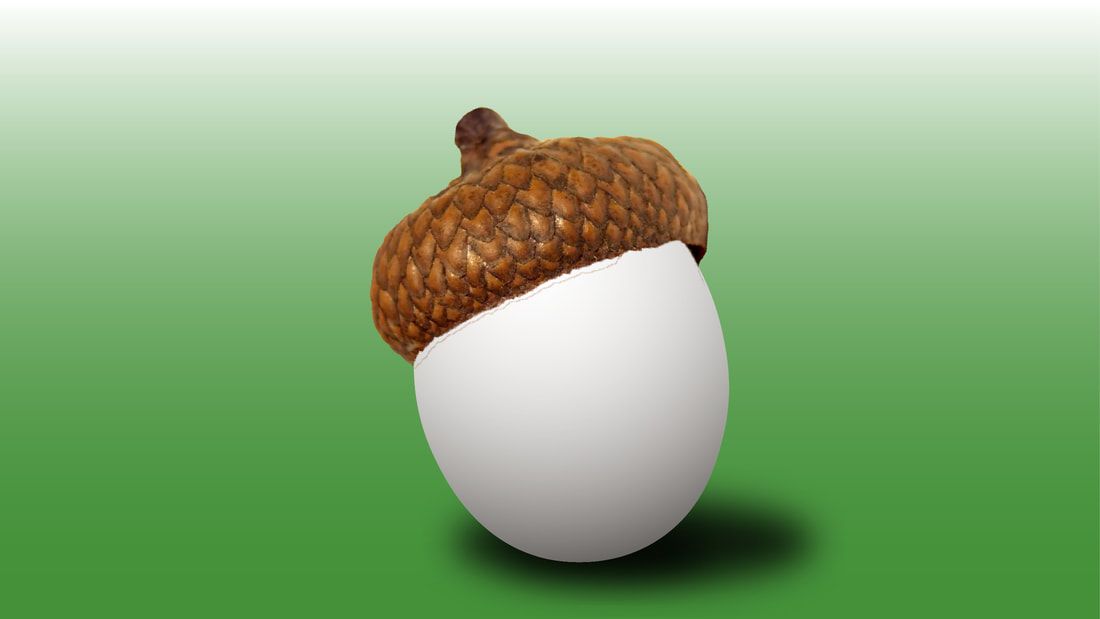
 RSS Feed
RSS Feed